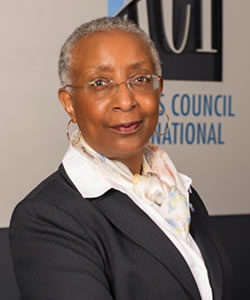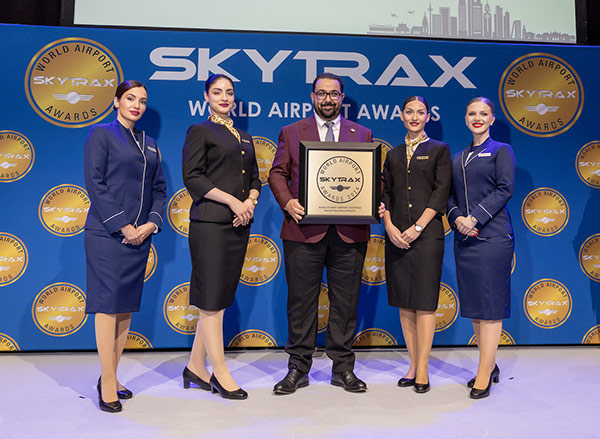
INTERNATIONAL. Airports Council International (ACI) World has launched two programmes that are designed to help airports promote service excellence and improve customer experience.
ACI said its newly-developed Airport Customer Experience Accreditation programme was the first of its kind. It offers a common definition and framework for customer experience management.
The second initiative, the Airport Customer Experience Professional Designation programme, is for airport employees.
Both accreditation programmes are part of ACI’s Airport Service Quality (ASQ) programme. They were launched at the ACI Asia-Pacific/World Annual General Assembly, Conference and Exhibition being held at the AsiaWorld-Expo in Hong Kong, hosted by Hong Kong International Airport.
The Airport Customer Experience Accreditation programme features five levels of accreditation and helps airports to assess and improve their approach to customer experience management, ACI said. They can identify new practices that can be developed in the short- and long-term in order to progress through the levels of accreditation.
ACI said that accreditation at each level would also serve as a “powerful marketing tool” for airports to show their commitment to improving customer experience.
Six airports contributed to the development of the programme and have become the first to be accredited. They are: Abu Dhabi International, Milan Malpensa, Hong Kong International, San Antonio International, Sydney, and Quito International.
“Airports have become destinations in their own right, offering customers unique experiences which shape their expectations,” commented ACI World Director General Angela Gittens.
“This carefully designed programme is the very first worldwide customer experience management accreditation programme designed specifically for the airport industry and dedicated to ACI members. It is all about improving the experience of customers and to help airports meet their customers’ ever-evolving expectations.
“Airports are sophisticated businesses with various interlinked partner organisations and companies which often have different business objectives and goals. It is important for all involved parties to have a common view of airport customer experience and ACI’s new accreditation programme helps airports to develop this common view.”

The Airport Customer Experience Professional Designation Programme has been developed for airports subscribing to the new accreditation programme. As part of the accreditation process, each airport must nominate a number of employees to take the course so that they have an understanding of customer experience and are competent to lead the airport in terms of customer experience management, ACI said.
The programme can also be completed as a stand-alone programme and any airport can also designate additional employees to take the course. Participants will work towards attaining two designations – ‘ACES: Airport Customer Experience Specialist’ and ‘ACEP: Airport Customer Experience Professional’.
“Any airport employee that is working to better customer experience of their airport may join the Customer Experience Professional Designation Programme,” explained Gittens. “A critical component of delivering an exceptional customer experience is ensuring that employees are engaged and motivated to provide the best level of service or performance, no matter which part of the passenger journey they deliver.
“This new programme draws on ACI’s considerable experience in both measuring and assessing airport service quality and as a provider of global training courses and is another essential ingredient for airports in their delivery of a seamless airport experience.”
The Customer Experience Professional Designation requires each participant to receive continuing professional development and re-certification in order to maintain active certification status. Re-certification is performed every five years and participants will be required to complete appropriate activities. These include attending a training course and participating in a conference or webinar.












